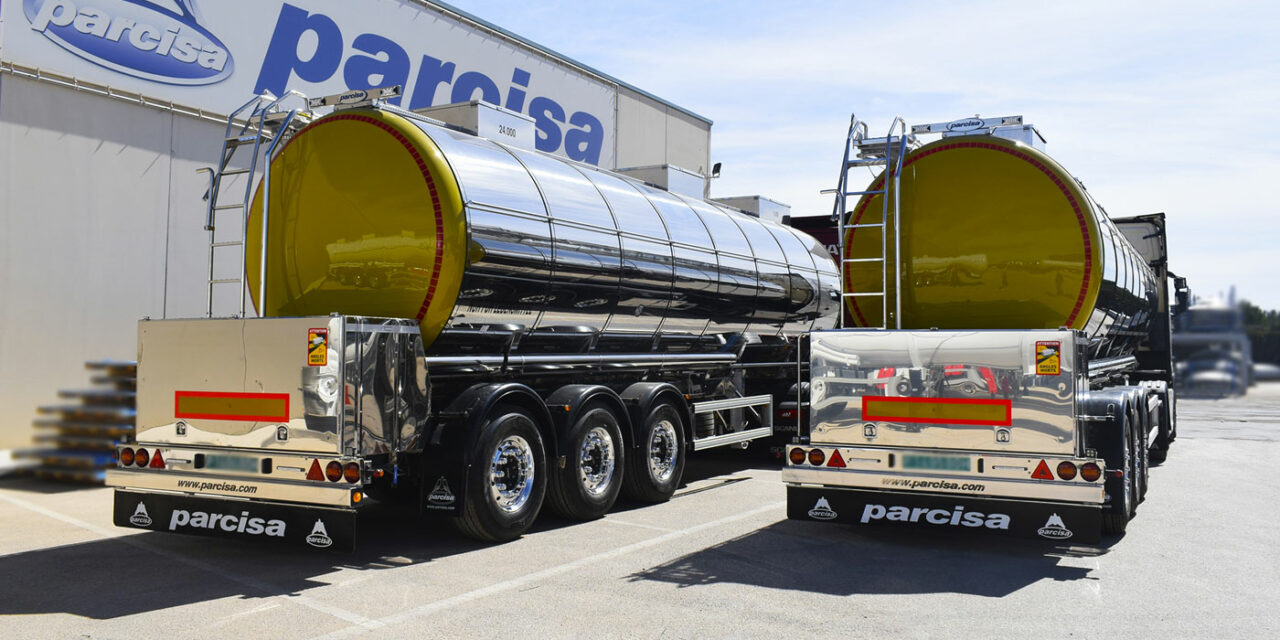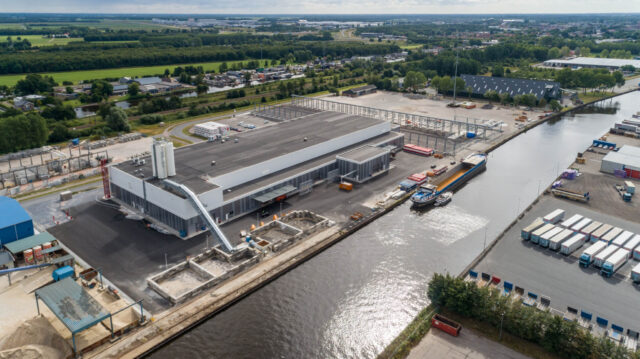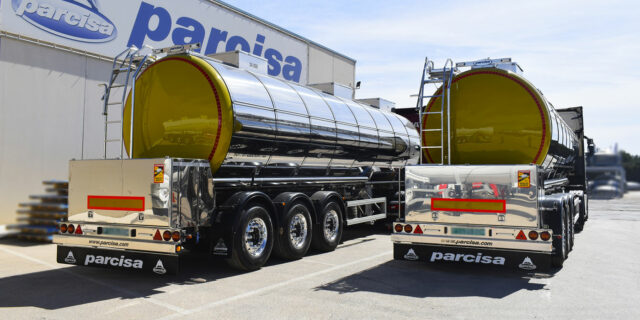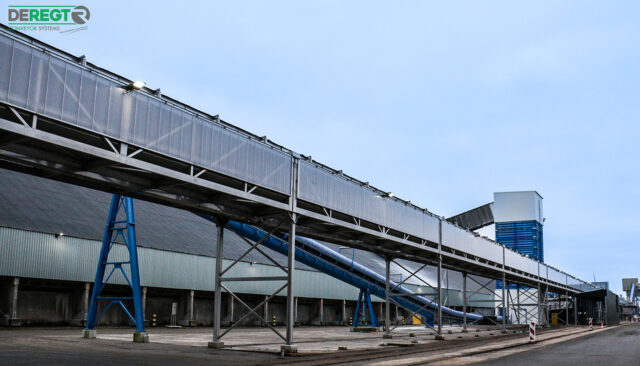Parcisa, the Spanish tanker truck manufacturer, has the uncompromising aim of designing and manufacturing vehicles tailored to the individual needs of its customers. On the road, Parcisa’s vehicles are recognizable by their luxurious appearance, as they are made of stainless steel. In addition to its good looks, the material used for its manufacture must be durable.
Saving weight without compromising safety
Parcisa’s engineers are constantly developing new solutions to design lighter vehicles to save overall costs and emissions. As the total weight of the tanker determines transport pricing, transport companies have a strong interest in investing in the lightest possible vehicles. The more goods that can be loaded into the tanks, i.e. the higher the tank capacity, the more profitable the road transport business becomes.
Every year, our customers will change their regulations and demands to become greener. The trailer model designed three years ago is not interesting anymore. Now our customers want to reduce the number of transports by designing bigger trailers…that means less transport, fewer kilometers, and less consumption, says Export Director José María Parra from Parcisa
Even a seemingly insignificant weight saving in different parts of the vehicle can affect the overall weight and cost, not forgetting the environmental impact. That is why Parcisa opts for duplex stainless steel tubes for their back bumpers.
Market leader by specializing in customized solutions
Parcisa is a Spanish family company whose story began in 1968 in the Spanish region of Villarrobledo, Alcacete, known as the largest vineyard region in Europe. Initially, tankers made of polyester were needed to transport wine and oil to other parts of Spain. The business later expanded to include the transport of other liquids.
Today, Parcisa manufactures customized semi-trailers and tanker vehicles for food and chemicals road transport. All of Parcisa’s vehicles are made of stainless steel.
Heidi Simberg
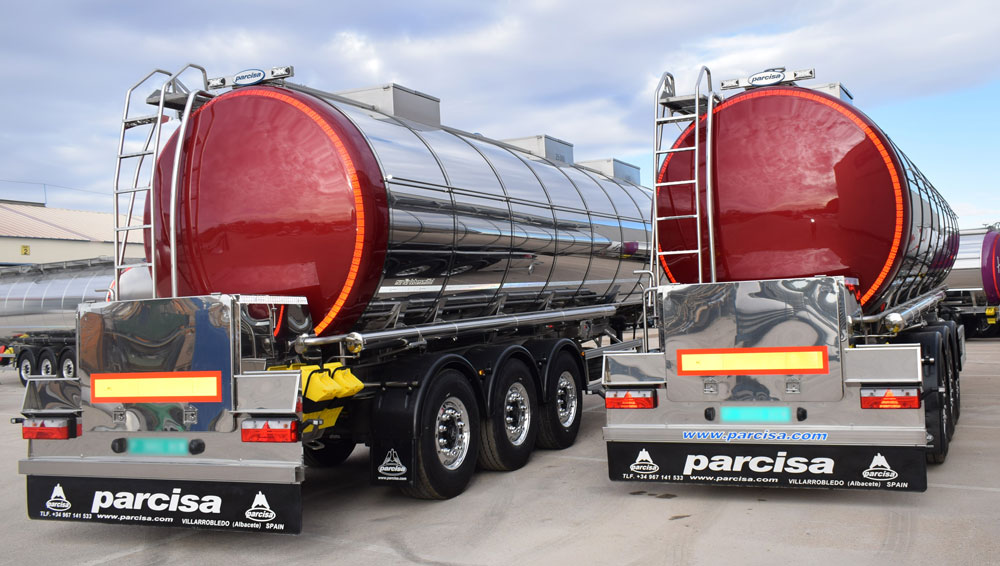
We specialize in the technology and production of customized stainless steel tanker vehicles, and it is in this sector that we invest in the skills of our staff, summarizes José María Parra.
Specializing in individually designed and manufactured tankers, the company stands out from its competitors, who mainly supply standard models. Each year, the factory manufactures an average of 400 customized tankers, of which around 60% are sold on the Spanish market. The remaining 40% are exported. Parcisa’s main export markets are in Europe and North Africa, with the biggest export countries being Denmark, France, The Netherlands, Lithuania, Germany, and Morocco.
Vehicles manufactured by Parcisa are built to meet the most demanding regulations and approvals in the countries of destination which vary in each country. That means that Parcisa needs to adapt its manufacturing according to each country’s specified standards. Parcisa has long-lasting customer relationships and it operates on a partnership basis. In addition, maintenance and after-sales services are also provided for the vehicles.
Lighter, more durable Duplex for the back bumper
Stalatube has been supplying Duplex tubes for Parcisa tankers for several years. The tubes are made of a special high-strength LDX material. The high-strength tube is used in the vehicle’s back bumper.
High-strength stainless steel is a great material choice, especially for parts of vehicles that require durability and safety. Duplex is a strong material with excellent absorption properties in the event of a collision. That is why we carried out the customer’s vision of the back bumpers made of Duplex, says Export Manager Heidi Simberg from Stalatube
Duplex is a stainless steel grade known for its exceptional material properties, ensuring durability and safety. Additionally, the polished surface of the tube enhances the back bumper’s elegant appearance.
No unnecessary scrap in the manufacturing process
Initially, Parcisa ordered standard six-meter-long tubes from Stalatube. Today, Stalatube supplies the ready-polished, custom-sized tubes to Parcisa. This allows the entire coil in the manufacturing process to be optimized in Stalatube’s factory so that no costly material scrap occurs in the manufacturing process. In addition, when the surface of the tubes is already polished in Finland, it saves the customer transport costs, time, and human resources.
In addition to tubes of a given length, Parcisa stocks multiple tube lengths, which can be cut to the required length later.
We thought about how we could simplify the delivery process, and save on the material and transport costs of the tubes. In addition, our goal is to offer a comprehensive range of additional services that save the customer time and effort, says Heidi.
The average delivery time for Parcisa tankers is one year. Demand is greater than the company’s current production capacity. The bottleneck is the lack of qualified staff. Only the best in their field, trained designers, and skilled welders pass the company’s tight recruitment process. More important than growth is the quality delivered. Quality will not be compromised, not even in the smallest details of the Parcisa vehicles.
Photos: Parcisa
